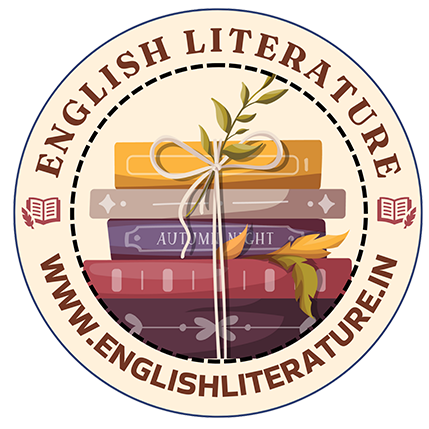Understanding AP English Literature
Introduction to AP English Literature
AP English Literature is a challenging yet rewarding course that allows high school students to engage deeply with literature. This blog post will explore the structure of the course, the exam format, effective study tips, and the ultimate benefits of taking AP English Literature.
What is AP English Literature?
AP English Literature and Composition is a college-level course focusing on reading, analyzing, and interpreting complex literary works. Students explore a variety of texts, including poetry, drama, and novels, from diverse time periods and cultures.
Course Objectives
- Literary Analysis: Develop skills to analyze texts critically and understand their deeper meanings.
- Writing Skills: Enhance the ability to write clear, coherent, and persuasive essays.
- Understanding Themes: Explore major themes, motifs, and character developments in literature.
The AP Exam Structure
The AP English Literature exam consists of two main sections:
1. Multiple-Choice Questions
This section tests students’ ability to analyze excerpts from literary texts. Questions may focus on themes, characterization, and literary devices. Practicing these questions helps improve both reading comprehension and analytical skills.
2. Free-Response Questions
Students must write three essays in this section:
- Textual Analysis: Analyze a specific passage from a literary work, focusing on language, form, and meaning.
- Comparative Analysis: Compare and contrast two works of literature, discussing how they address similar themes or employ different techniques.
- Open Question: Respond to a prompt about a work of the student’s choice, showcasing their understanding and interpretation.
Key Themes and Topics Covered
Students will encounter a wide array of themes, including:
- Identity and Self-Discovery: Exploring how characters evolve and what influences their journeys.
- Conflict and Resolution: Analyzing the dynamics of conflict within stories and how it shapes characters.
- Societal Issues and Critique: Understanding how literature reflects and critiques social norms and issues.
- Love and Relationships: Examining the complexities of human connections and emotional landscapes.
Study Tips for Success
To excel in AP English Literature, consider the following strategies:
1. Read Actively
Engage with texts by annotating, summarizing, and questioning as you read. Highlight key passages, note your reactions, and jot down connections to other works.
2. Practice Writing
Regularly write practice essays. Focus on developing clear thesis statements and supporting arguments with textual evidence. Use prompts from past exams to simulate real test conditions.
3. Familiarize Yourself with Literary Terms
Understanding literary devices—such as symbolism, imagery, and irony—is crucial for both multiple-choice questions and essay writing. Create flashcards for quick review.
4. Form Study Groups
Collaborate with peers to discuss texts and share insights. Different perspectives can deepen your understanding and expose you to interpretations you might not have considered.
5. Utilize Online Resources
Websites like Khan Academy, AP Classroom, and various YouTube channels offer tutorials, lecture notes, and analysis of literary works, making them great supplementary resources.
Utilizing Resources
Take advantage of available resources, such as:
- Study Guides: Use AP prep books and online resources designed specifically for AP English Literature.
- Past Exam Papers: Review previous exams to familiarize yourself with question formats and expectations.
- Literary Criticism: Explore critical essays and analyses to enhance your analytical skills and provide a broader context for your readings.
Benefits of Taking AP English Literature
- College Credit: Scoring well on the exam can earn you college credit, potentially saving you time and money.
- Enhanced Writing Skills: The course sharpens your writing skills, beneficial across all subjects in college and beyond.
- Preparation for College: It equips students with critical thinking and analytical skills necessary for success in higher education.
Conclusion
AP English Literature is an enriching course that fosters a deep appreciation for literature while developing essential critical thinking and writing skills. With diligent preparation and active engagement with texts, students can succeed and enjoy the process of exploring the literary world.
FAQs
1. What are the prerequisites for taking AP English Literature? Most schools recommend completing an honors English course or AP English Language before enrolling in AP English Literature.
2. How is the AP English Literature exam scored? The exam is scored on a scale of 1 to 5, with 3 being the minimum passing score for college credit. A score of 4 or 5 is often considered impressive.
3. Can I take AP English Literature in my junior year? Yes, many students take AP English Literature in their junior year, but it depends on your school’s curriculum and your readiness.
4. What types of texts will I read in AP English Literature? Students will read a range of texts, including classic and contemporary novels, poetry, and plays, which may include works by authors like Shakespeare, Austen, and Morrison.
5. How can I improve my essay writing skills for the AP exam? Practice writing essays regularly, seek feedback from teachers or peers, and read high-quality literary criticism to enhance your writing style and argumentation techniques.
100 Must-Read Novels in English Literature and Their Summaries
